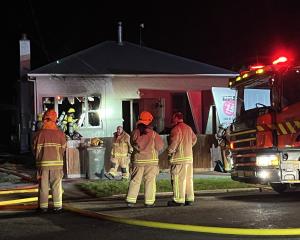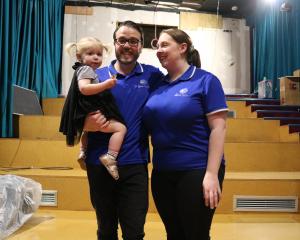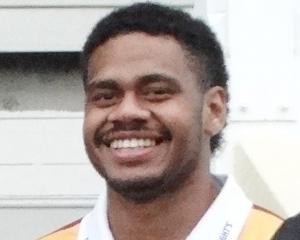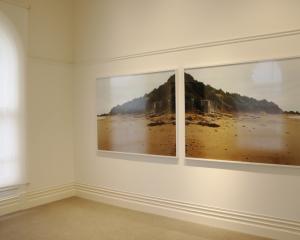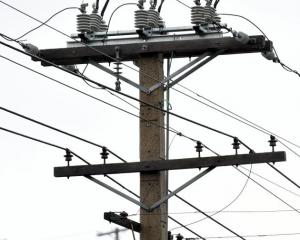The question of whether New Zealand needs more electricity generated by the Waitaki River could be answered in Christchurch over the next three days.
An Environment Canterbury hearings panel made up of three independent commissioners today reconvenes a hearing into four resource consent applications by Meridian Energy Ltd for its proposed $900 million north bank tunnel power scheme between the Waitaki dam and Stonewall, near Ikawai, on the north bank of the lower Waitaki River.
The commissioners - former Environment Court judge Prof Peter Skelton, environmental consultant Mike Bowden (Kaiapoi) and freshwater scientist and ecologist Greg Ryder (Dunedin) - want answers to four issues which arose during the hearing of evidence in Timaru, which ended on October 5 last year.
That includes evidence from Waitaki First (which opposes the north bank power scheme) witness Ken Mitchell, who said New Zealand did not need the electricity from the scheme and that it was an inefficient use of water.
Mr Mitchell's evidence, which contradicted Meridian experts (including its then-chief executive, Dr Keith Turner), was based on his analysis of Transpower's annual planning report and the Electricity Commission's statement of opportunities, both of which explored future electricity needs and schemes which could meet that.
As a result, Prof Skelton requested Waitaki First to produce evidence from the commission and Transpower to support Mr Mitchell.
However, while Transpower's planning and development manager, David Boyle, will present evidence today,, the commission will not be appearing.
"The panel notes that apparently the Electricity Commission does not consider the panel to be worthy of its advice and that is regrettable," Prof Skelton said in a minute issued before the start of the hearing today.
He was pleased Transpower would be providing evidence.
"Since the two organisations work closely together, it seems likely the panel will be in a position to gain some useful information from that source," he said.
But Prof Skelton noted the commission had already disagreed with Mr Mitchell over its functions.
Electricity Commission spokesman Peter Thornbury said when contacted yesterday the reason the commission was not attending the hearing was because it was an independent regulator of the electricity market.
It did not make decisions on new generation - that was up to the generation companies.
The commission would appear on behalf of the Crown if the Crown called it to appear, as it had done with the Mahinerangi and Project Hayes wind farms.
In this case, the request had come from Waitaki First.
If the call had come from the panel, it would probably have attended to provide advice, Mr Thornbury said.
The panel commissioners also want further evidence on the problem of didymo in the lower Waitaki River, the pledge made by Meridian to provide additional water for irrigators between the Waitaki dam and Black Point, and proposed river enhancement work Meridian said it would carry out if the power scheme was built.
In his evidence to the hearing last year, Mr Mitchell said there was no need for more hydro generation on the Waitaki River and there were better alternatives for meeting the future demand for electricity.
The scheme was not needed to meet South Island electricity demands and would not improve the security of supply, he said.
The north bank power scheme would divert water from Lake Waitaki, just behind the dam, 128m underground through a tunnel into a power station and return it to the river 34km downstream.
At the end of the hearing last year, the commissioners indicated they hoped to make a decision before the end of May.
Reconvening the hearing for further evidence has delayed a final decision.



